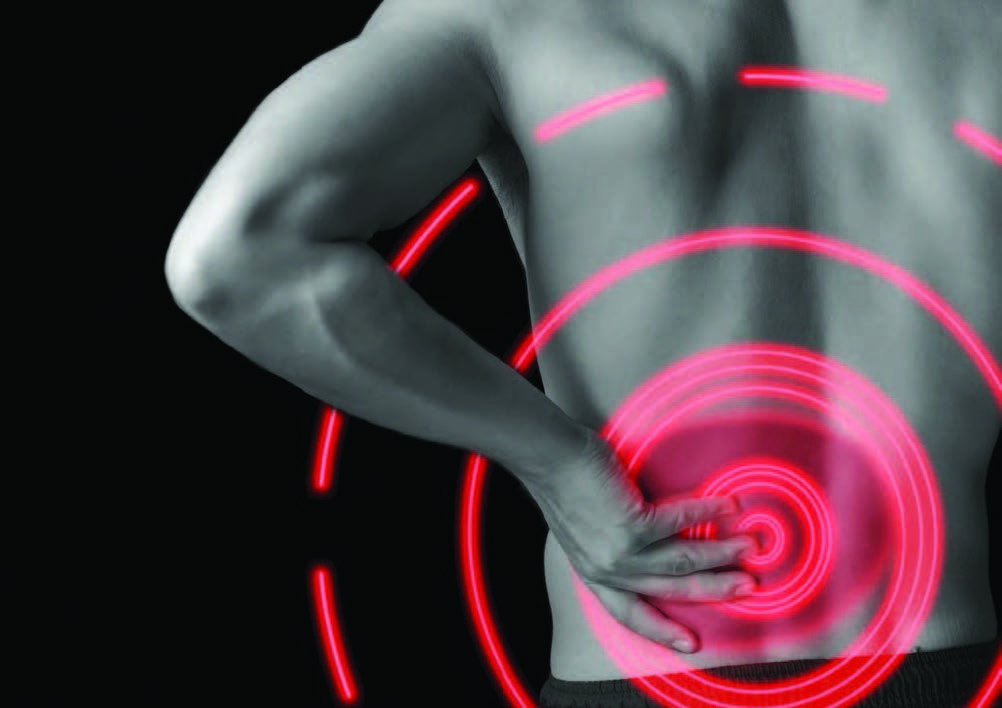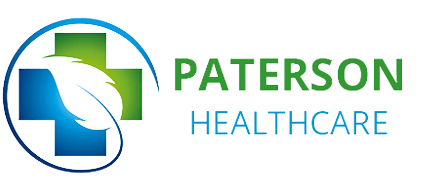- +61 2 4938 5527
- 16 King St, Paterson NSW 2421.
- Mon - Fri: 8:30 am - 5:00 pm
Pain Management
Plant Medicine
Our doctors support the careful use of plant-based medicine to help manage long-term health conditions. It is offered as a complementary treatment for chronic diseases when conventional therapies alone do not provide enough relief.
At Paterson Healthcare, our independent GPs assess each patient individually to determine whether plant-based treatment is suitable. It may be considered for conditions such as chronic pain, epilepsy, multiple sclerosis, and nausea related to chemotherapy. All prescriptions follow current Australian clinical guidelines.


Acupuncture
Acupuncture is available at our clinic as part of a medically guided pain management plan. Our certified practitioners are trained through the Australian Medical Acupuncture College (AMAC) and apply a scientific understanding of the nervous system to every treatment.
This therapy may support relief from a wide range of conditions, including allergies, migraines, neck and back pain, anxiety, insomnia, fatigue, and certain digestive problems. Each session is delivered safely in a clinical setting with your comfort and wellbeing in mind.
Low-Level Laser Therapy
Low-Level Laser Therapy (LLLT), or Cold Laser Therapy, is a modern, non-invasive treatment used to support tissue repair and reduce inflammation. It works by applying focused light energy to stimulate healing at a cellular level, without generating heat.
This therapy is used to manage chronic pain, joint stiffness, and soft tissue injuries. It helps activate cell repair, reduce swelling, and improve blood flow, promoting quicker recovery and long-term pain control. Our doctors tailor the treatment plan based on your condition and overall health goals.

For a deeper understanding of LLLT, Acupuncture, and its benefits, you can visit our laser pain management Clinic at www.laserpainmanagement.com.au. Experience the wonders of LLLT and Acupuncture and take a step toward a healthier, pain-free life.
FAQS
Frequently Asks Questions
Acupuncture works by stimulating specific parts of the body called acupuncture sites or acupoints. This changes the way the body works and helps it heal itself.
Two to three sessions per week are usually advised for acute problems, while one session per week may be suggested for persistent or long-term issues. The doctor will share the treatment plan details based on the patient’s health and medical history.
Acupuncture often “hurts.” People may feel a dull ache or a minor tingling when the needle is inserted. Points at the ends of fingers and toes can sometimes be a little sharp, but the feeling usually doesn’t last long.
When done by a trained professional, like a doctor, Acupuncture is usually thought to be quite safe. The doctor will usually get a full medical background from the patient and talk to them about any possible side effects.
Acupuncture is not suggested for pregnant women or people with epilepsy, but the doctor will decide before treatment begins.
LLLT works by passing specific wavelengths of light through the skin and into damaged cells. This leads to less inflammation, less pain, a better immune reaction, and faster tissue healing because cellular metabolism works better.
LLLT’s effectiveness varies by condition. Sessions last 25 to 50 minutes, 2+ times weekly.
LLLT doesn’t hurt and is completely safe. It has no side effects and is not invasive, making it an excellent choice for people who want to heal quickly and without pain.
LLLT doesn’t put you at risk of getting skin cancer from the laser beams. It is a safe and effective way to heal.
LLLT is usually safe for most people, but there are times when you should be careful. Our experts will examine your unique case to ensure you are healthy.
The use of plant medicine in children and elderly individuals should be closely monitored by healthcare professionals, as the dosages and potential effects may differ from those in adults.
It’s essential to inform your healthcare provider about all medications you are taking.
Yes, plant medicine is specifically used to treat medical conditions and is typically obtained through a prescription or recommendation from a healthcare provider.
